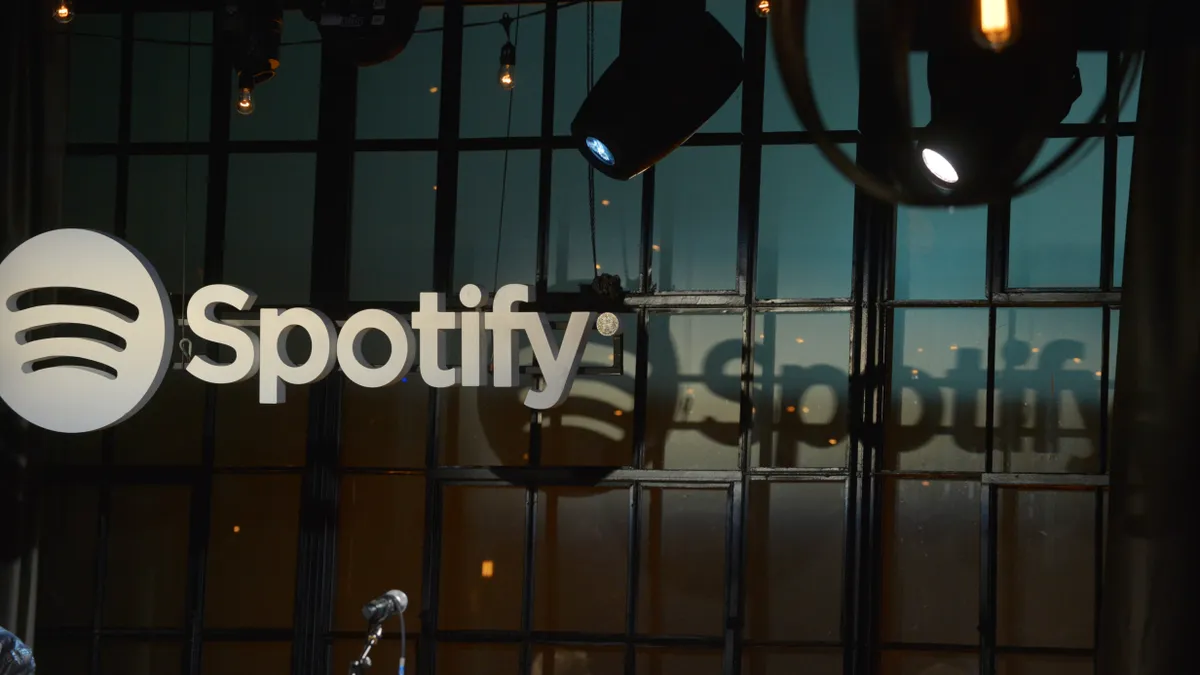A former Spotify employee with mental health conditions wasn’t duped into signing a claims release as part of a separation agreement, the 2nd U.S. Circuit Court of Appeals held Thursday, affirming a lower court’s dismissal of her suit (Pucilowski v. Spotify USA, Inc., No. 22-869-cv (2nd Cir. Nov. 10, 2022)).
The plaintiff worked as a user researcher for the streaming service, according to court documents. When she was diagnosed with major depression, generalized anxiety disorder and attention deficit hyperactivity disorder, she informed the company and sometimes worked from home because of her impairments.
Following a head injury that she said left her with a concussion and exacerbated her mental health conditions, the researcher took two weeks’ leave and, according to her complaint, was fired three days after her return. She was offered and signed a separation agreement that waived, among other things, any Family and Medical Leave Act claims, in exchange for two months’ salary.
She then sued, alleging she was fraudulently induced to sign the agreement because Spotify told her that she wasn’t entitled to any more leave. She also said the agreement amounted to “a clear attempt to capitalize on [her] mental state.”
A federal district court dismissed her suit, finding that her agreement to the terms was “knowing and voluntary,” as required by case law. The document was clear and unambiguous, the court said, and she also failed to identify the person who allegedly said she had exhausted all available leave or explain why that statement was fraudulent.
Moreover, she failed to show that her mental health conditions and concussion rendered her incapable of entering into the agreement, the court said. New York law requires that a party show they were completely unable to understand the nature of the transaction and that the other party knew or should have known about their condition. The former Spotify employee’s argument was undercut by her own doctor’s assertion a month earlier that she would be working at her usual potential in two weeks’ time, the court said, dismissing her lawsuit.
The employee appealed to the 2nd Circuit, which upheld the lower court’s order, agreeing that the plaintiff failed to show her release of claims wasn’t knowing and voluntary.
Spotify did not immediately return a request for comment.












